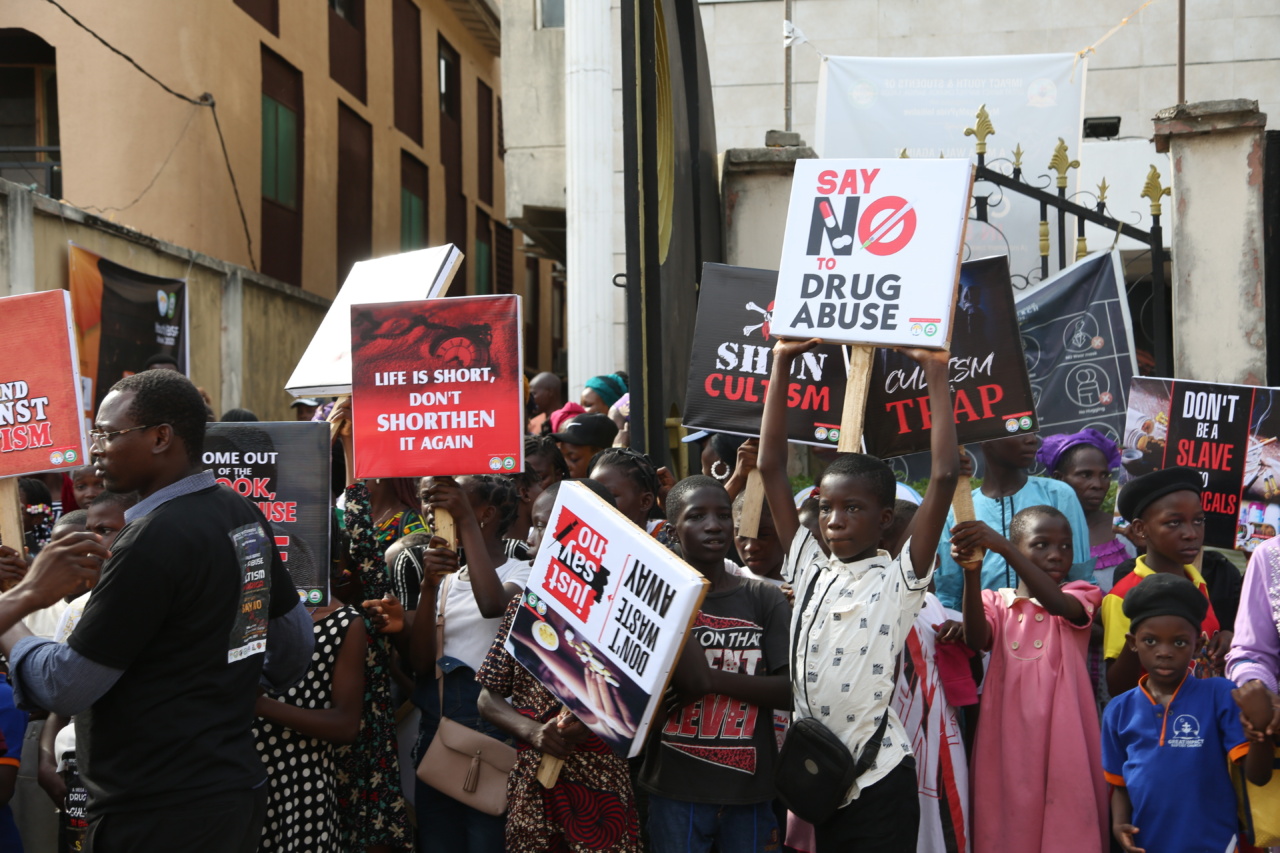When it comes to treating children with medication, there are certain drugs that are not recommended for frequent use. While they may have certain benefits, the risks and potential side effects outweigh the benefits in most cases.
In this article, we will discuss some of the drugs that are commonly used by children but should be avoided or used only under medical supervision.
Antibiotics
Antibiotics are commonly used to treat infections caused by bacteria. They are effective in treating a variety of illnesses, such as strep throat or ear infections.
However, they are not effective in treating viral infections, such as the common cold or flu. Antibiotics have been overused and therefore have developed resistance to many bacteria strains. Overuse of antibiotics may cause various side effects like Diarrhea, Nausea, Abdominal pain, Vaginal yeast infections.
For this reason, it is recommended to use antibiotics only when a bacterial infection is confirmed by a doctor, to avoid the development of antibiotic-resistant bacteria.
Aspirin and ibuprofen
Aspirin and ibuprofen are both nonsteroidal anti-inflammatory drugs (NSAIDs) that are commonly used to reduce fever and pain. They work by blocking the production of certain chemicals in the body that cause inflammation.
However, aspirin is known to cause a rare but serious condition called Reye syndrome in children. This syndrome affects the brain and liver, and it can be fatal. Because of this, aspirin is not recommended for use in children under the age of 12, unless it is prescribed by a doctor.
Ibuprofen can be used as it is not associated with the same risks as aspirin for children, but it should be limited to occasional use.
Codeine and Tramadol
Codeine is a narcotic pain reliever that is used to treat mild to moderate pain. It is sometimes used in children to treat coughs and reduce pain after surgery.
However, codeine can be dangerous for children, especially if they have breathing problems or sleep apnea. Tramadol, another narcotic pain reliever, can also be dangerous for children and is not recommended for use in children under the age of 12. Side effects of these two drugs are Respiratory depression, which can be life-threatening.
Antidepressants
Antidepressants are used to treat depression and other mental health conditions.
They can be effective in relieving the symptoms of these conditions, but they are not recommended for children under the age of 18 unless they are closely supervised by a doctor. Antidepressants have been known to cause suicidal thoughts and tendencies in young people, especially in the first few weeks of treatment.
Children and adolescents who take antidepressants should be closely monitored by their doctors and caregivers for any signs of depression, anxiety, restlessness, irritability or aggression. Moreover, they should not stop the antidepressant medications abruptly, otherwise, they may suffer from severe withdrawal symptoms.
Attention deficit hyperactivity disorder (ADHD) medications
ADHD is a common condition that affects many children. Stimulant medications such as methylphenidate and amphetamines are commonly prescribed to treat ADHD.
These medications can be effective in reducing hyperactivity and impulsivity, but they can also cause side effects such as insomnia, nervousness, and loss of appetite. They have also been linked to slow growth in children. Additionally, they are sometimes abused by people who do not have ADHD, which can lead to addiction, heart problems, and other serious health issues.
Corticosteroids
Corticosteroids are used to reduce inflammation in the body and are commonly used to treat conditions such as asthma, allergies, and arthritis.
While they can be very effective, they can also cause side effects such as weight gain, high blood pressure, and weakened bones. Long-term use of corticosteroids should be avoided in children, and they should be used only under the supervision of a healthcare provider.
Antihistamines
Antihistamines are commonly used to treat allergies, such as hay fever, hives, and skin rashes. They work by blocking histamine, which is the chemical that causes your body to react to an allergen.
While antihistamines can be effective in treating allergies, they can also cause side effects such as drowsiness, dry mouth, and blurred vision. In some cases, they can also cause confusion, disorientation, and hallucinations, especially in older people.
Children under the age of 2 should not be given antihistamines, and they should be used only under the supervision of a healthcare provider in older children.
Cough and cold medications
Cough and cold medications are commonly used to treat symptoms of the common cold, such as coughing, sneezing, and congestion.
However, these medications are not recommended for use in children under the age of 4 and should be used with caution in older children. They have been linked to serious side effects such as rapid heart rate, seizures, and death. Instead, parents should try using home remedies to reduce symptoms such as warm fluids, honey, sanitary nasal irrigation or saline sprays.
Conclusion
While medication can be effective in treating certain conditions, it is important to remember that some drugs are not recommended for children. These drugs can cause serious side effects and can even be fatal in some cases.
Parents should always consult with a healthcare provider before giving their child any medication and follow the recommended dosage instructions exactly. Moreover, they should report any adverse effects or unexpected symptoms in their children while on medication to their healthcare provider. Always follow physician’s and pharmacist’s instructions before giving medication to children.































